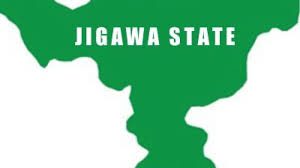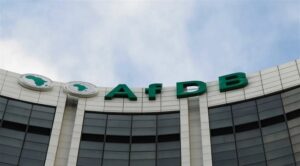World Pulses Day: Stakeholders attribute hike in beans price to multiple factors
Some Agriculture stakeholders have attributed the hike in price of beans on various mitigating factors in the sector in the country.
They spoke to newsmen on the backdrop of the ‘World Pulses Day’ celebration on Wednesday in Lagos.
Reports state that Pulses, also known as legumes, are the edible seeds of leguminous plants cultivated for food.
Dried beans, lentils and peas are the most commonly known and consumed types of pulses.
World Pulses Day, as the name suggests, is a day dedicated to the importance of pulses and it is observed annually on Feb. 10.
This year, the theme of the day is “Nutritious Seeds for a Sustainable Future”.
Following the commemoration of the Day, the recent hike in prices of beans was brought to fore by stakeholders in the sector in separate interviews with Newsmen.
Mr Ismail Olawale, a Development Communication expert at the National Agricultural Extension and Research Liaison Services (NAERLS) said that the hike in the commodity could be blamed on our rain-fed farming system.
“The factors that affect the growing cost of pulse, especially beans, in Nigeria are multiple.
“One of the factors is our seasonal planting system and rain-fed agriculture practice.
“More than 80 per cent of agricultural produce in Nigeria are rain-fed.
“So, during harvest, the crops are usually more affordable but at planting season, the price always skyrockets.
“Another issue prompting hike in the price of beans is poor storage of our agricultural produce.
“There has been a lot of research and technology developed in grain preservation, but I do not think we are there yet.
“Most local beans farmers still depend on traditional preservation methods, which in turn expose them to flood and insect infestation.
“Hence, there is hike in price during pre-harvest season,’’ Olawale said.
The expert also linked the hike in price of the commodity to the lingering farmers/herdsmen crisis in the country.
“Also, there are many export activities as regards beans and other pulses.
“We are feeding neighbouring countries at the expense of our people.
“Nigeria has the best beans and pulses in West Africa that our neighbouring countries prefer, hence the continuous hike in the commodity price,’’ the expert said.
On his part, a beans trader, Mr John Nwabueze, lamented the hike in the price of the commodity, highlighting different reasons for the price hikes.
“Since the beginning of the year, the price of beans and other pulses keeps soaring and we do not know what the reason is.
“There are different views to the hike in beans price.
“Some people say that the farm produce is being hoarded by the farmers while others say the hike is as a result of farmers/herdsmen crisis in the country.
“For a week now, the price of beans has been stable though it is still expensive.
“We buy a bag of beans at the rate of N23, 000 presently.
“Most grains and pulses are from the northern part of country and are currently very expensive.
“This herdsmen/farmers crisis is also affecting the productivity of farmers.
“We could put an end to this hike in prices of beans if it is not only grown in the north.
“Farmers in the southeast, southwest and other parts of the country, should also cultivate beans to moderate the price,’’ Nwabueze noted.




